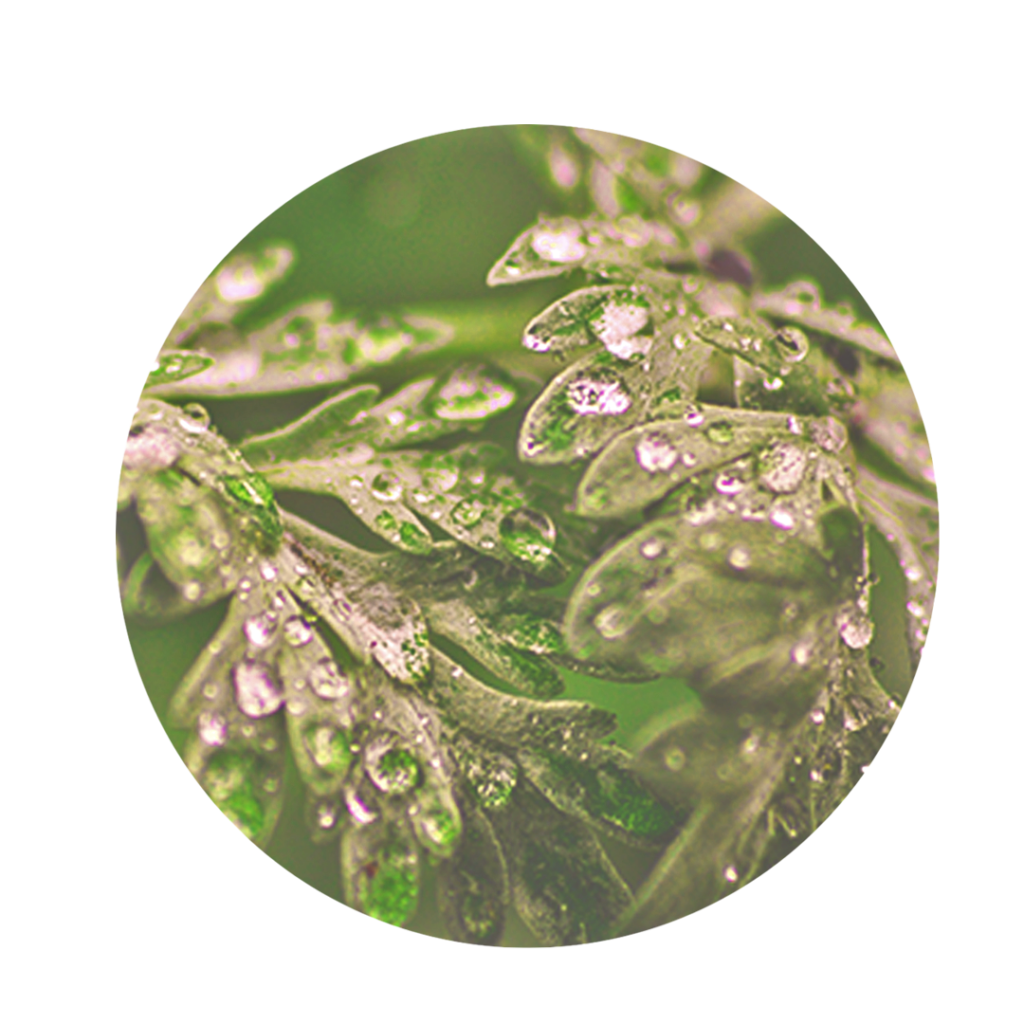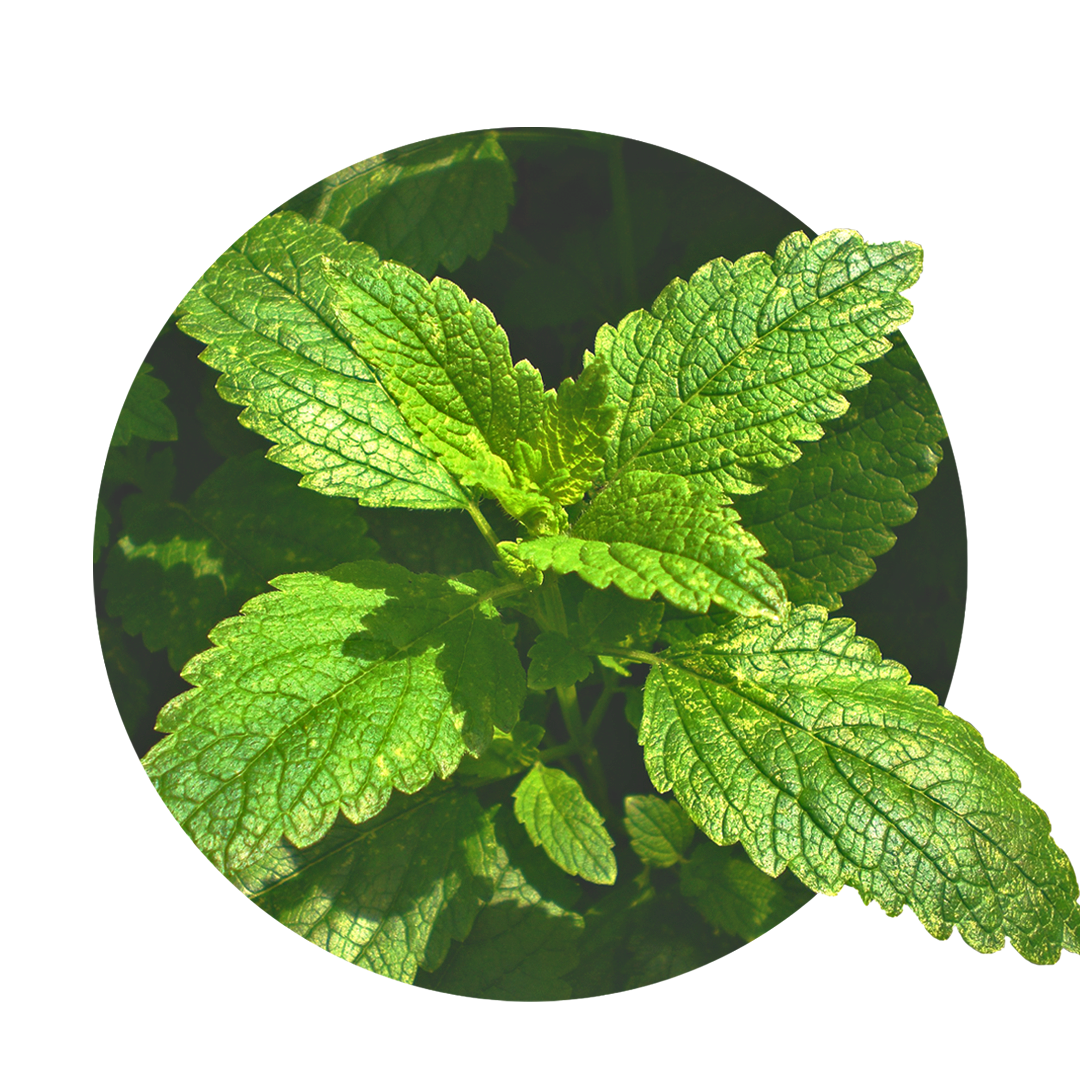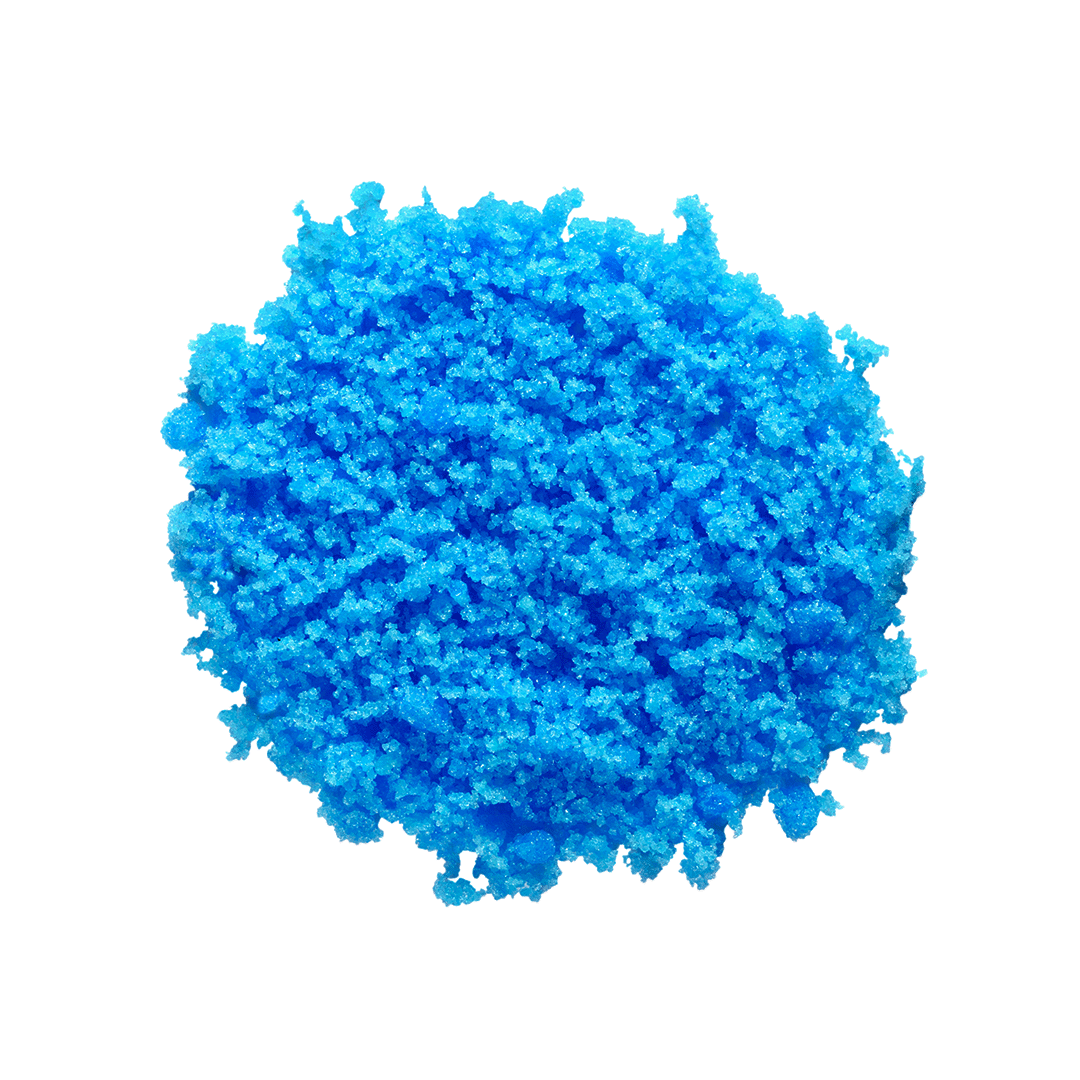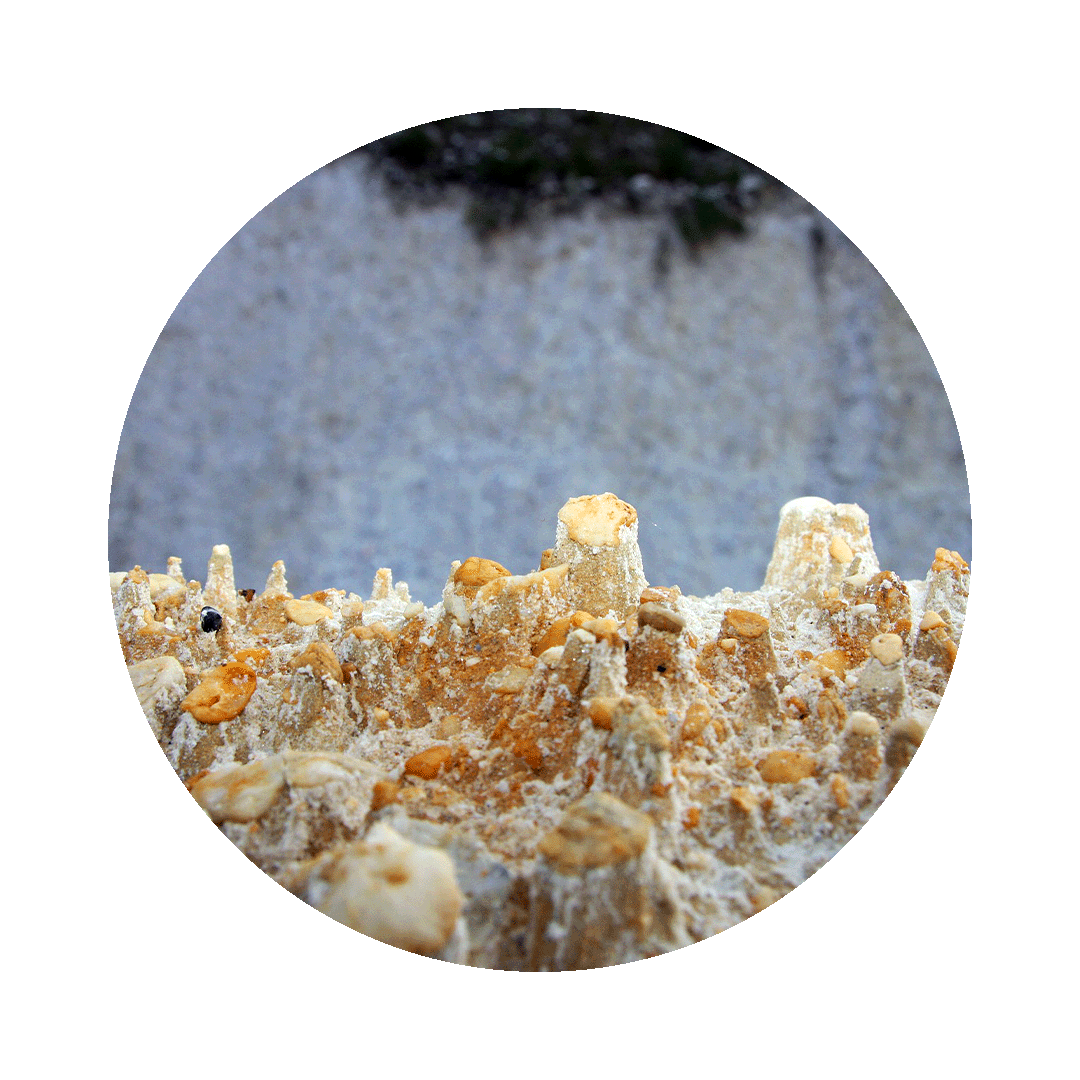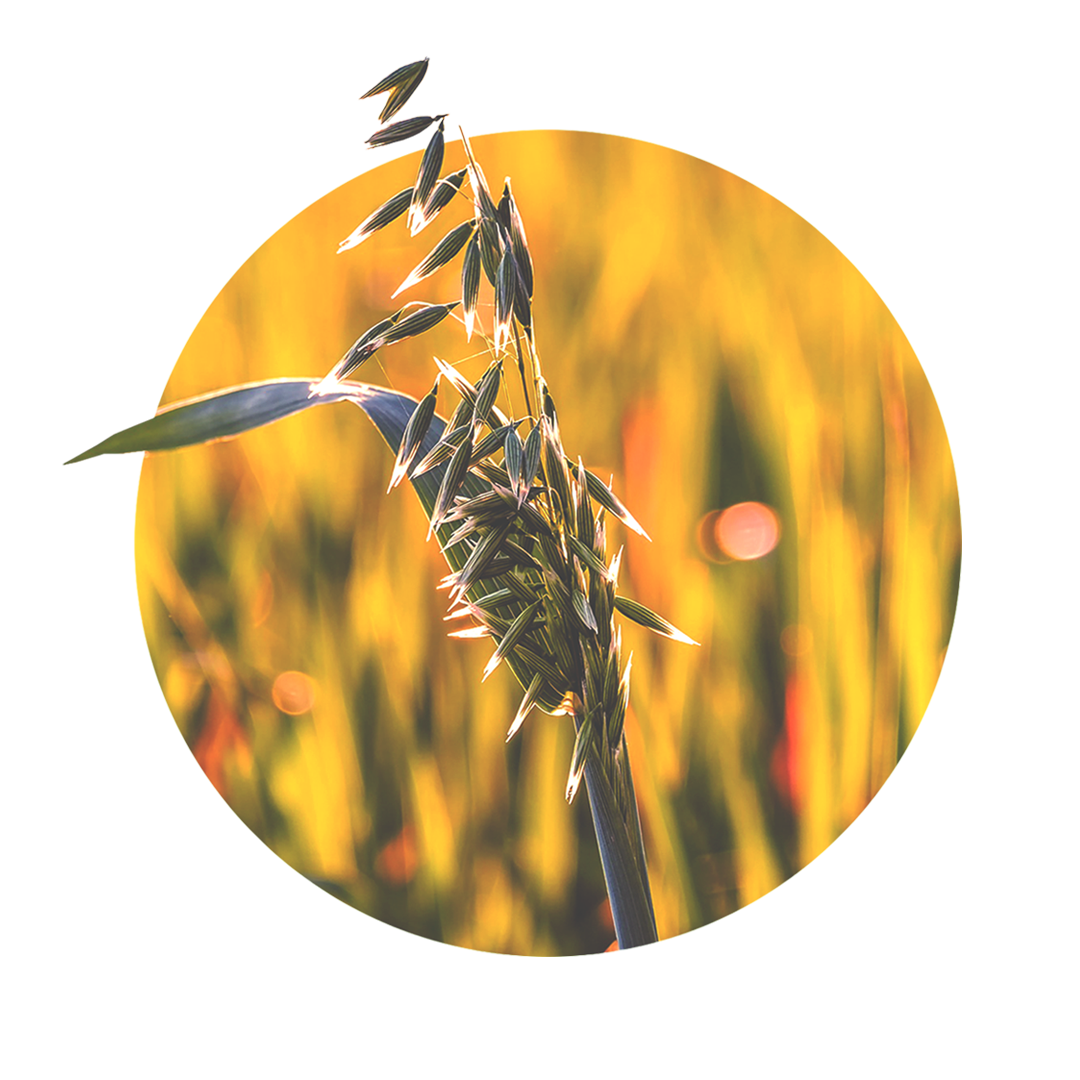Wormwood herb: The versatile medicinal plant
Wormwood cures melancholy! Wormwood herb is generally regarded as a symbol of a bitter taste - but this one has it all. Especially the bitter substances contained in the medicinal plant are a proven, natural remedy for the relief of indigestion and stomach upsets. Thanks to its antiseptic, antibacterial, antispasmodic and circulation-enhancing effects, wormwood has many uses in natural medicine. For example, gallbladder and menstrual disorders as well as flatulence can be effectively treated with the help of the medicinal plant. Everything you should know about the healing powers of this power plant, for which areas it is highly effective and what you should pay attention to when using wormwood herb, we reveal to you in the following.
Wormwood facts
Did you know that...
... the famous spirit absinthe got its name from its main ingredient, wormwood (bot. Artemisa absinthium)?
... it was used in the Middle Ages as a repellent against witches and demons?
... especially in the upscale, intellectual society of the 19th century, absinthe enjoyed great popularity?
... the active ingredient thujone contained in wormwood is said to have a narcotic, intoxicating effect?
What is wormwood?
Wormwood, also known as absinthe or bitter mugwort, belongs to the botanical family of composite plants. The medicinal plant releases an intense aromatic odor and has a spicy, bitter taste. Artemisia absinthium is one of the oldest used herbs in naturopathy - its use dates back to ancient times. At that time it was used as an antidote for mushroom poisoning. In the Middle Ages, its positive effect on the preservation of mental power was discovered. Today wormwood herb is an indispensable natural remedy, which is used mainly to relieve digestive problems, bloating, flatulence or even biliousness.
General and healing properties of wormwood
Bitter value
The bitter value of Artemisia absinthium is about 20,000. Besides gentian, wormwood herb has the strongest bitter power among medicinal plants.
Highest healing power
The highest seasoning and healing power unfolds wormwood at harvest time from June-September.
Fresh or dried
Wormwood herb can be used either fresh or dried.
Helpful for
Helpful for: Loss of appetite, flatulence, abdominal pain, jaundice, indigestion, heartburn, strengthening the immune system.
Wormwood herb ingredients
The whole herb can be processed into herbal medicine. Probably the most important and largest share of active ingredients in wormwood
represent the bitter substances. With a proportion of 0.15-0.4 % bitter substances, wormwood is one of the most bitter medicinal herbs. Responsible for this is the bitter substance absinthin. In addition, wormwood herb also contains essential oils such as artemisinin and thujone. Although thujone is particularly effective against germs, in excessive quantities it can cause undesirable side effects such as headaches or drowsiness. Therefore, it is advisable that you adhere to given dosage recommendations.
You can also find the following ingredients in wormwood:
- Bitter substances from the sesquiterpene lactone family
- mainly bitter substance absinthin (0.2 - 0.28%)
- Bittering agent matricine
- Bitter substance artabsin
- Bitter substance anabsinthin
- other mono- and sesquiterpenes
- Essential oils (0.2 - 0.8%)
- Thujone
- Isothujone
- Thujyl alcohol
- Chamazulen
- various flavonoids
Wormwood herb: effect for body and mind
"Wormwood is good for everything," they say - and indeed, the medicinal plant shows its effectiveness in problems ranging from general weakness to digestive complaints. For centuries, wormwood herb has been valued as a stomach-strengthening medicinal plant - but the power plant has a lot more to offer: In addition to relieving physical ailments, wormwood has a positive influence on your psyche. The medicinal plant lifts your mood, creates joie de vivre and increases your well-being in a natural way. Artemisia absinthium is also successfully used against depressive moods associated with constipation and constipation.
Properties wormwood herb
- Decongesting
- Deflating
- Stomach tonic
- Mood enhancing
- Strengthening
- Digestive stimulant
Fields of application in naturopathy
For good reason Hildegard von Bingen praised wormwood herb as the "most important master against all exhaustions". The medicinal plant acts differently than conventional medicines or conventional drugs on your body and your complaints. Thanks to the various natural ingredients contained in wormwood herb, the medicinal plant not only helps you relieve the symptoms of your ailments, but also has a positive effect on your overall health. The healing powers of wormwood herb are used in naturopathy, especially for the following complaints:
Wormwood herb for lack of appetite
Wormwood herb has a high content of bitter substances and tannic acids, which stimulate the production of digestive juices in the stomach, gall bladder and liver, while promoting a lack of appetite.
Wormwood herb for indigestion
The largest area of application of wormwood herb is the area of digestion. The power plant is used for various complaints such as bloating, flatulence or heartburn. The bitter substances contained mainly stimulate gastric juice production, which can effectively alleviate the discomfort.

Wormwood herb to strengthen the immune system
Thanks to its antibacterial effect, wormwood herb can be used as a remedy against viruses and bacteria. With wormwood herb can be made air disinfectant spray that not only provides clean air, but also can strengthen the immune system.
Wormwood herb to stimulate the flow of bile
Thanks to the versatile ingredients in wormwood herb, it has a positive effect on bile juice production and its secretion. The medicinal plant is highly effective in inflammation of the gallbladder, gallstones, as well as in disorders of bile flow.
Wormwood herb for strengthening the liver
Artemisia absinthium can also be used as a natural remedy for liver complaints. It mainly promotes the detoxification work of the liver and frees the body from toxins that enter the bloodstream through food or environmental influences.
Wormwood herb for wound healing
External application of wormwood herb has a positive influence on the wound healing process of poorly healing wounds, ulcers, skin spots and insect bites.
Wormwood herb for the eyes
For a clear view wormwood herb can also be used as an eyewash. Reddened eyes or slightly inflamed eyelids and rims can find relief in a natural way.
Notes on the use of wormwood herb
Wormwood herb is offered exclusively in liquid or solid form for oral use. You can take the beneficial herb in the form of teas, drops, dragées, juices or sprays. The recommended daily dose of wormwood is 2-3 grams and should not be exceeded.
In case of overdose, the substance thujone contained in Artemisia absinthium may cause unpleasant side effects such as vomiting, nausea, headache and stomach cramps.
Artemisia absinthium in pregnancy
Wormwood herb for children
Due to the contained ingredient thujone, the use of wormwood herb in phytotherapeutic preparation is not recommended for children.

Get your wormwood complex now and harness the healing power of Artemisia absinthium
Wormwood complex
100% Wormwood herb for spraying!
24,99€
incl. VAT, base price: 24,99 € / 30ml
Use the healing power of wormwood and our other 100 medicinal plants to naturally alleviate your ailments. Improve your well-being and support your body, mind and soul! With the help of our Configurator Your personal spagyric spray that is tailored to your needs and accompanies you on your natural path to improving your body, mind and soul.



